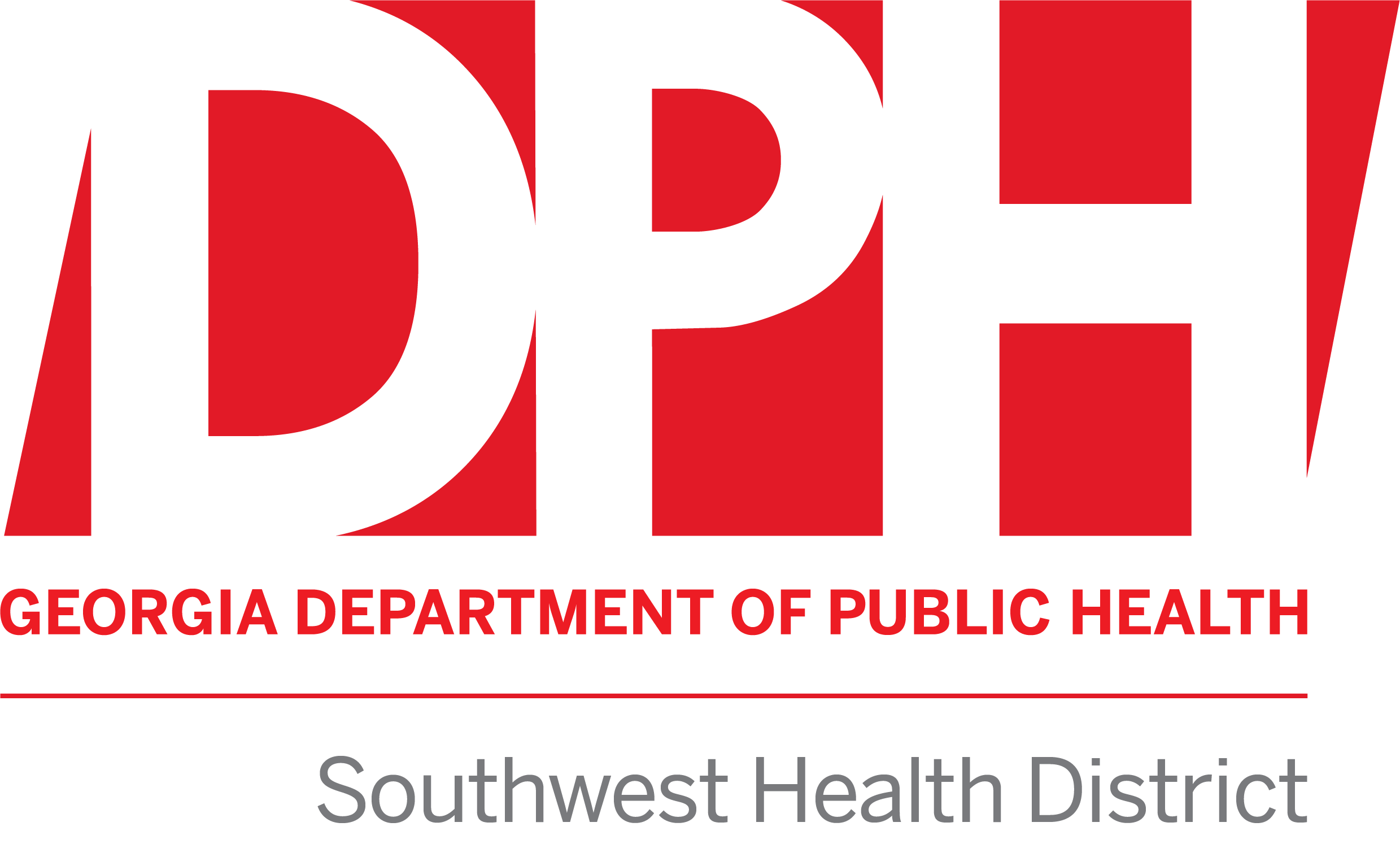Press Release
July 5, 2023
Southwest Health
District Reminds Residents to Reduce Mosquito Bites and Prevent Mosquito-Borne
Diseases
Albany, GA— The Southwest Health District is encouraging residents to take proactive measures to protect themselves, their families, and their communities by reducing mosquito bites and preventing mosquito-borne diseases. Mosquito-borne diseases, such as West Nile virus, Zika virus, Malaria, and Eastern Equine Encephalitis, pose a significant public health risk, and Georgia is not exempt from their impact.
Recent reports of locally acquired malaria cases in Florida and Texas have raised concerns about the spread of the disease within the United States. The Centers for Disease Control and Prevention (CDC) has been closely monitoring these incidents and working in collaboration with local health departments to investigate and prevent further transmission. The cases involve individuals who have not traveled internationally but were exposed to malaria-infected mosquitoes in Florida and Texas. This development serves as a reminder that malaria can pose a risk even in areas not typically associated with the disease. The CDC emphasizes the importance of early detection, accurate diagnosis, and prompt treatment to prevent severe illness and the potential for local transmission.
To prevent mosquito bites and reduce the risk of mosquito-borne diseases, the Southwest Health District recommends the following precautions:
· Use insect repellent containing EPA-registered ingredients such as DEET, picaridin, or oil of lemon eucalyptus.
· Wear long sleeves and pants, especially during dawn and dusk when mosquitoes are most active.
· Tip n’ Toss standing water around homes and businesses at least once a week to eliminate potential mosquito breeding sites.
· Consider the use of larvicides, a commonly used pest control chemical used to prevent the growth and proliferation of mosquitos when applied to bodies of water, such as stagnant pools, ponds, or containers, where insects lay their eggs and larvae develop. The primary purpose of larvicides is to kill or inhibit the development of larvae before they reach adulthood and become capable of reproducing.
· Install or repair screens on windows and doors to keep mosquitoes out of living spaces.
· Seek medical attention if experiencing symptoms such as fever, headache, body aches, or rash after mosquito exposure.
For more information on mosquito-borne diseases and prevention strategies, please visit the Georgia Department of Public Health’s website at https://dph.georgia.gov/mosquito-borne-diseases.
